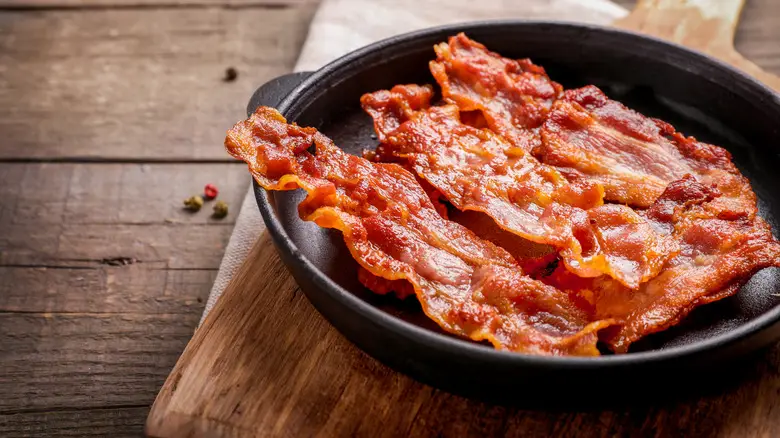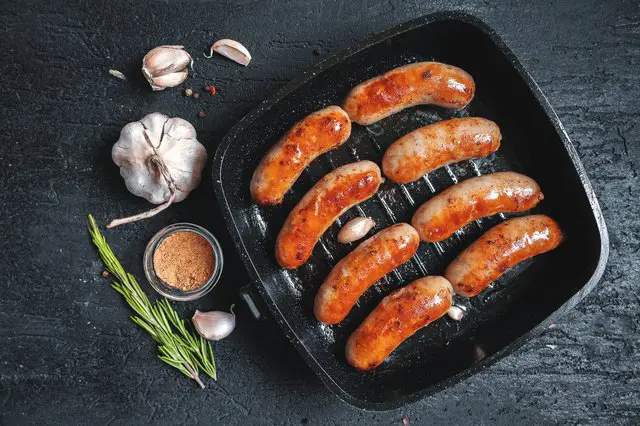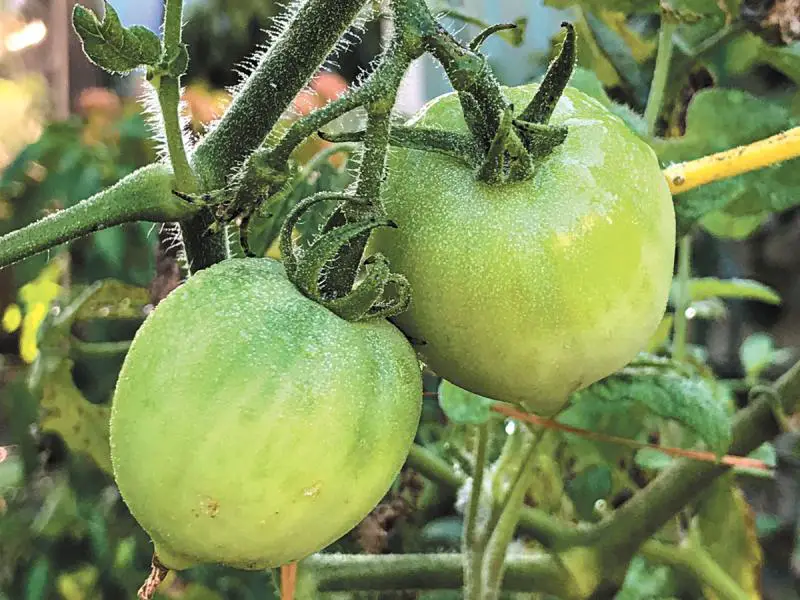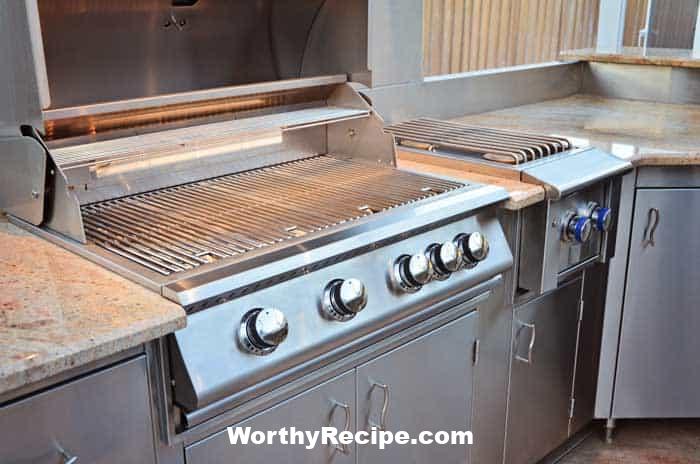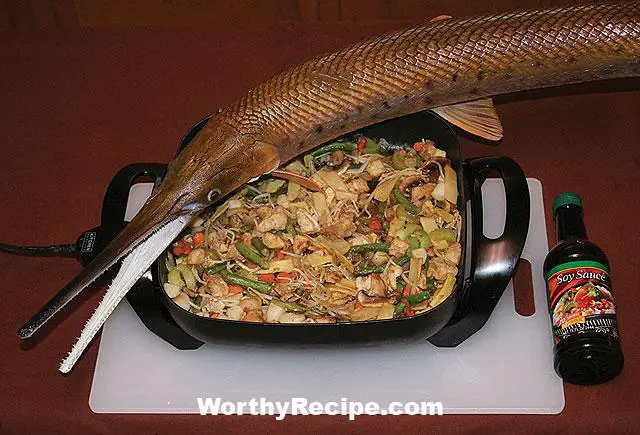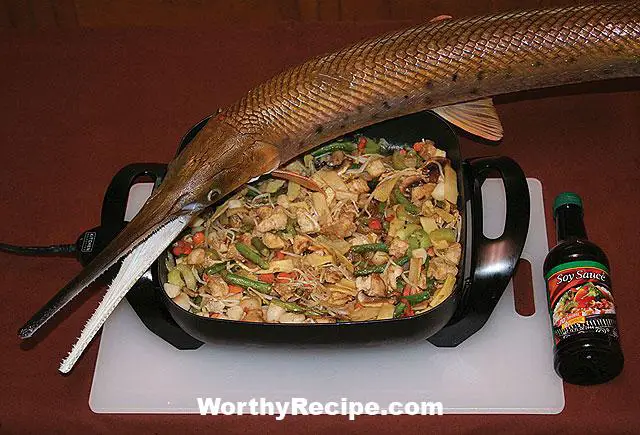Can You Vacuum Seal Cooked Bacon?
Vacuum sealing is a popular method for storing and preserving food. It’s a great way to extend the shelf life of perishable items such as meat, cheese, and vegetables. But what about cooked bacon? Can you vacuum seal it? In short, the answer is yes, you can vacuum seal cooked bacon. In fact, it’s an excellent way to store bacon that has already been cooked. In this article, we’ll explore the benefits of vacuum sealing cooked bacon, how to do it safely, and answer some common questions.
Understanding Vacuum Sealing Cooked Bacon
There are several benefits to vacuum sealing cooked bacon:
- Extended shelf life: Vacuum-sealed bacon can last up to two weeks in the fridge and up to six months in the freezer.
- Retention of freshness and flavor: Because vacuum sealing removes air from the packaging, it helps prevent oxidation and spoilage. This means your bacon will taste fresher for longer.
- Convenient storage and transportation: Vacuum-sealed bacon takes up less space than traditional packaging and is easier to transport.
However, there are some factors that can affect the quality of vacuum-sealed cooked bacon. For example:
- Type of packaging material: Not all packaging materials are created equal. When vacuum sealing cooked bacon, it’s best to use a high-quality vacuum bag designed specifically for food storage.
- Storage conditions: Temperature and humidity can impact the quality of vacuum-sealed food. Bacon should be stored in a cool, dry place away from direct sunlight.
- Quality of the bacon before cooking: If your bacon is already past its prime before you cook it, vacuum sealing may not be enough to prolong its shelf life.
How to Vacuum Seal Cooked Bacon
If you’re ready to vacuum seal your cooked bacon, here’s what you need to do:
- Prepare the bacon for vacuum sealing: Let your cooked bacon cool completely before vacuum sealing it. This will prevent moisture from building up in the packaging.
- Choose the right packaging material: Use a high-quality vacuum bag designed specifically for food storage. Be sure to choose a bag that is large enough to fit your bacon without crumpling or folding it.
- Seal the bacon using a vacuum sealer or food saver: Insert the open end of the bag into a vacuum sealer and press down firmly on the lid until it locks into place. Turn on the machine and wait for it to suck out all the air. Once the air is removed, a heat seal will close off the packaging.
It’s important to note that if you don’t have a vacuum sealer, you can still get similar results with a food saver or even with plastic wrap and a straw. Simply place your cooked bacon in a plastic bag or wrap it tightly in plastic wrap, leaving one corner open. Insert the straw into the opening and suck out as much air as possible before sealing the bag or wrapping it tightly with elastic bands.
To achieve optimal results when vacuum-sealing cooked bacon, here are some tips and tricks:
- Avoid overstuffing your bags: Overstuffing can make it difficult to remove all the air from the packaging, reducing its shelf life.
- Label and date your package: Be sure to write the contents and date on the outside of your package. This will help you keep track of when it was sealed and how long it has been stored.
- Keep your vacuum-sealed bacon in a cool, dry place: Store your bacon away from light and heat sources, as these can affect the quality of your food.
Safety Considerations When Vacuum Sealing Cooked Bacon
When vacuum sealing cooked bacon, there are some safety considerations to keep in mind:
- Risks associated with improper storage of vacuum-sealed cooked bacon: If your bacon is not stored properly, it can spoil more quickly than expected. This can cause foodborne illness.
- Guidelines for safe use and storage of vacuum-sealed cooked bacon: To ensure your safety when using vacuum-sealed cooked bacon, be sure to follow labeling and storage guidelines.
In general, you should label your vacuum-sealed bacon with the contents and date before storing it in the fridge or freezer. If you’re storing it in the fridge, keep it at a temperature of 40°F or below. If you’re storing it in the freezer, keep it at 0°F or below. When refrigerated properly, vacuum-sealed cooked bacon can last up to two weeks. When frozen properly, it can last up to six months.
Alternatives to Vacuum Sealing Cooked Bacon
If you don’t have a vacuum sealer or prefer not to use one, there are other methods for storing and preserving cooked bacon:
- Refrigeration: Cooked bacon can be stored in the fridge in an airtight container or wrapped tightly in plastic wrap or aluminum foil. It will last up to a week.
- Freezing: Cooked bacon can be frozen in an airtight container or freezer bag for up to six months.
- Canning: While less common, some people choose to can their cooked bacon. If you decide to do this, be sure to follow proper canning safety procedures to avoid the risk of foodborne illness.
Frequently Asked Questions About Vacuum Sealing Cooked Bacon
Here are some common questions people have about vacuum-sealed cooked bacon:
- Can you freeze cooked, vacuum-sealed bacon? Yes, vacuum-sealed cooked bacon can be frozen for up to six months.
- How long does vacuum-sealed, cooked bacon last in the fridge? Vacuum-sealed cooked bacon can last up to two weeks in the fridge when it’s properly stored.
- Is it safe to eat vacuum-sealed, cooked bacon past its expiry date? No, it’s not safe to eat any food that has passed its expiry date. While vacuum sealing can extend the shelf life of food, it’s not a magic solution that allows you to ignore expiry dates altogether.
- What are some signs that indicate that the vacuum-sealed, cooked bacon has gone bad? Signs that your vacuum-sealed cooked bacon has gone bad include discoloration, bad odor, and mold growth.
Conclusion
Vacuum sealing is a great way to store and preserve cooked bacon. By removing the air from the packaging, you can extend the shelf life of your bacon and keep it fresher for longer. However, it’s important to use high-quality vacuum bags and to store your bacon in a cool, dry place away from direct sunlight. If you don’t have a vacuum sealer, there are other methods for storing cooked bacon such as refrigeration and freezing. By following these guidelines, you can safely enjoy your cooked bacon for weeks or even months to come.
Can you vacuum seal cooked bacon?
Yes, you can! Vacuum sealing cooked bacon is a great way to extend its fridge life and maintain its freshness and taste. Just let it cool down before sealing it in an airtight bag.
Does vacuum-sealed bacon last longer than regular bacon?
By vacuum sealing cooked bacon, you remove all the air from the packaging, making it last up to 2-3 times longer than regular bacon. The shelf life will depend on other factors such as storage temperature and humidity levels.
How do I reheat vacuum-sealed cooked bacon?
To reheat your vacuum-sealed cooked bacon, place it in boiling water for a few minutes until hot. Alternatively, you can microwave it for a few seconds or fry it on a pan for crispy results.
Is vacuum-sealed cooked bacon safe to eat after being stored at room temperature?
No, cooked bacon should never be left at room temperature for more than two hours. Even if it is vacuum-sealed, bacteria can still grow. To prevent foodborne illnesses, make sure to refrigerate or freeze your vacuum-sealed cooked bacon promptly after cooking.
